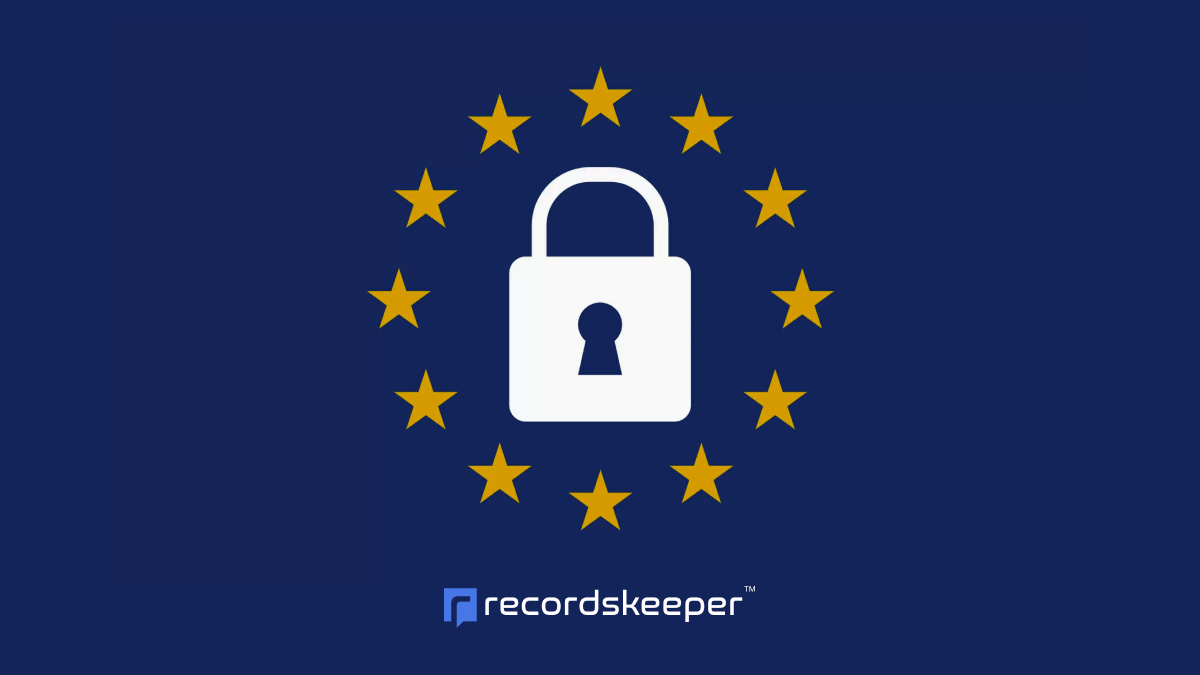- Risk Management
- February 7, 2024
Addressing Data Breach Risks in Financial Record Keeping

Understanding and Mitigating Data Breach Risks in Financial Record Systems
In today’s digital age, where everything from our coffee orders to business agreements is interconnected online, the threat of data breaches looms large. As a founder deeply invested in technology that safeguards sensitive information, I recognize financial records as the crown jewels of an organization’s data repository. Yet, this sensitive information is constantly at risk. Let’s delve deep into understanding how we can mitigate these data breach risks and protect our financial records with the same ferocity we defend our most prized possessions.
Understanding the Data Breach Landscape
First, let’s explore what a data breach implies. Essentially, a data breach occurs when unauthorized individuals gain access to confidential data, often sensitive or private information. For financial records, this could mean the exposure of critical information ranging from transaction details to personal identifiable information (PII) of clients, leading to significant reputational and financial repercussions.
Why, then, are financial records prime targets for data breaches? The answer is simple – economic gain. Cybercriminals target these records because they often contain valuable information that can be exploited or sold on the black market.
Recognizing the Risks
Financial records demand heightened vigilance for several reasons:
The unfortunate reality is that breaches remain a constant risk, with financial institutions continuously facing sophisticated cyberattacks designed to penetrate even the most robust defenses.
Strategies to Mitigate Data Breach Risks
Given the ever-present threat, how do we effectively protect our financial records? Addressing this requires a multifaceted approach:
1. Deploying Advanced Security Measures
One cannot underplay the importance of implementing a robust security architecture. This includes firewalls, intrusion detection systems, and regular vulnerability assessments to keep systems fortified against attackers.
Furthermore, integrating Blockchain technology into record management seizes opportunities for enhanced security. Its immutable nature ensures that any alteration of a record is not only difficult but traceable.
2. Embracing a Culture of Compliance
Ensuring financial records adhere to regulatory standards is imperative. With regulations like GDPR, HIPAA, and SOX setting high compliance bars, maintaining compliance is a continuous sometimes arduous journey. Nevertheless, the development of automated compliance management systems, such as those I’ve integrated into RecordsKeeper.AI, serves as an invaluable resource to automatically enforce polices and maintain standards effortlessly.
3. Educating and Training Employees
In my experience, an organization’s employees are its first line of defense against data breaches. Regular training sessions on cybersecurity awareness and best practices make employees vigilant against phishing and other common schemes that threaten data integrity.
4. Implementing Secure Data Access Protocols
Implement controlled access to financial records to ensure only authorized individuals can view or manipulate the data. Systems like Secure Data Rooms excel in providing controlled environments where sensitive files are shared without the compromise of security.
5. Regular Backup & Recovery
Establish a routine backup regimen ensuring that in the event of a data breach, restoration to a previous secure state is swift and comprehensive. At RecordsKeeper.AI, automated backups coupled with rapid recovery options safeguard against prolonged downtimes that could follow a breach.
Navigating the Future of Financial Record Security
As cyber threats become more advanced, so too must our approaches to data security evolve. At RecordsKeeper.AI, we take immense pride in harnessing AI’s power to automatically categorize and fortify records. It not only simplifies record-keeping but transforms it into a strategic asset.
Our journey in safeguarding financial records is a mission that extends far beyond technology. It’s about cultivating trust – trust that sensitive records remain confidential, integrity is preserved, and availability is assured.
Take the Leap Towards Enhanced Security
In closing, I implore organizations to take proactive measures in addressing data breach risks. Remember, compensating for a breach after it occurs is infinitely more painful and costly than preventing it in the first place. As we continue to innovate at RecordsKeeper.AI, I remain committed to sharing insights and tools that empower you to protect what is truly important – your data.
Stay tuned for more updates and insights from my entrepreneurship journey. Follow me, Toshendra Sharma, for the latest advancements in record management and data security. Together, let’s forge a future where data breaches are a concern of the past.
Toshendra Sharma is the visionary founder and CEO of RecordsKeeper.AI, spearheading the fusion of AI and blockchain to redefine enterprise record management. With a groundbreaking approach to solving complex business challenges, Toshendra combines deep expertise in blockchain and artificial intelligence with an acute understanding of enterprise compliance and security needs.
Related Posts

Achieving Perfect GDPR Compliance: A Financial Services Success Story
European Financial Trust (EFT), a global financial services company managing over $50 billion in assets, faced mounting pressure to ensure GDPR compliance across its vast network of client data and transactions. With operations in 15…
- January 15, 2025

Setting Up Disaster Recovery Files
Organizing critical records for emergency access.
- January 12, 2025
Archives
- January 2025
- December 2024
- November 2024
- October 2024
- September 2024
- August 2024
- July 2024
- June 2024
- May 2024
- April 2024
- March 2024
- February 2024
- January 2024
- December 2023
- November 2023
- October 2023
- September 2023
- August 2023
- July 2023
- June 2023
- May 2023
- April 2023
- March 2023
- February 2023
- January 2023
- December 2022
- November 2022
- October 2022
- September 2022
Want to get more content like this?
Signup to directly get this type of content to your inbox!!
Latest Post
Document Control for Equipment Maintenance
- January 20, 2025
Managing Records for Multiple Clients
- January 19, 2025
Handling Conference Documentation
- January 18, 2025
Setting Up Department Record Reviews
- January 17, 2025





